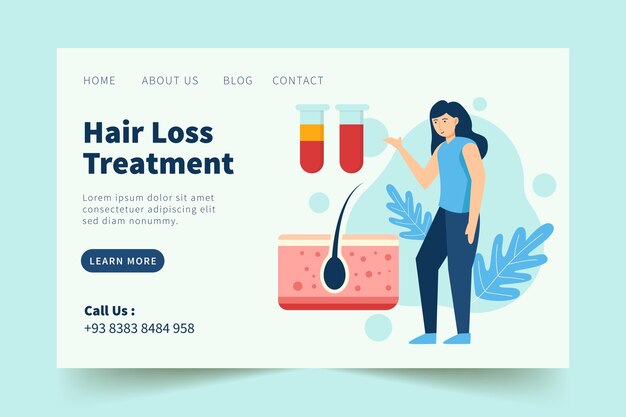
What is Polycystic Ovary Syndrome (PCOS) and how can you tell if you might have it? Knowing the causes and symptoms of PCOS can be really helpful, whether you’re dealing with it now or might in the future.
PCOS happens when there’s a hormone imbalance in women. This can make it tough to get pregnant and cause issues with your period. Sometimes, it can even change your appearance because of the hormonal shifts. It’s important to treat PCOS quickly to control the symptoms and prevent long-term problems like heart disease or diabetes. PCOS is fairly common and can start as early as the teenage years.
So, what actually goes on with PCOS? Hormones, which are chemical messengers in the body, get out of balance. These hormones are crucial for processes like energy production and growth. In PCOS, this balance gets disrupted, leading to a chain reaction of hormonal changes.
For example, sex hormones might produce more androgens than usual, causing symptoms like acne, extra body or facial hair, and sometimes stopping ovulation. Your body might also struggle to use insulin properly, leading to high blood sugar levels and an increased risk of diabetes.
Common PCOS symptoms can start mildly and vary in number and intensity. They include:
– Acne
– Weight gain or difficulty losing weight
– Extra body hair
– Thinning hair
– Irregular periods
– Depression
– Fertility issues
Small cysts might also form on the ovaries, which aren’t harmful but contribute to the hormonal imbalance causing these problems. PCOS often runs in families, so your risk might be higher if other women in your family have it.
When you visit a doctor for diagnosis, they’ll ask about your health history and symptoms, and might do a physical exam to check for signs like high blood pressure and extra body hair. They’ll also check your BMI. Hormone tests can help identify PCOS and rule out other conditions like thyroid problems. Pelvic ultrasounds are also common to look for ovarian cysts.
PCOS treatment often involves simple lifestyle changes:
– Regular exercise
– Healthy diet and weight control
– Sometimes, medication to balance hormones
Treating PCOS can greatly reduce symptoms and prevent long-term health issues. Eating heart-healthy foods, maintaining balanced blood sugar levels, and regular exercise are all beneficial. Avoid smoking, as it can increase androgen levels and heart disease risk.
Doctors might prescribe birth control pills to regulate periods or medications like spironolactone to reduce androgens. If you’re trying to get pregnant, these won’t be prescribed. It’s important to follow up with your doctor to adjust the treatment plan as needed. Be patient, as it can take time to see improvements.
You might also explore other methods to manage symptoms like facial hair and acne. Acne medicines and hair removal techniques like waxing or shaving can help.
Dealing with PCOS can be tough, so consider seeking support from a counselor, other women with PCOS, or a support group if you’re feeling down. This can make a big difference if you’re feeling alone in your journey.



